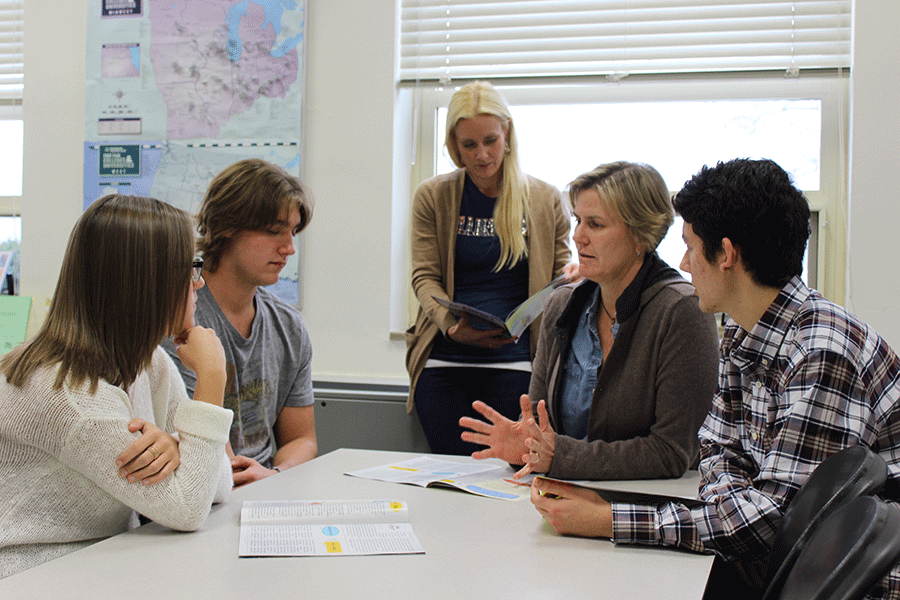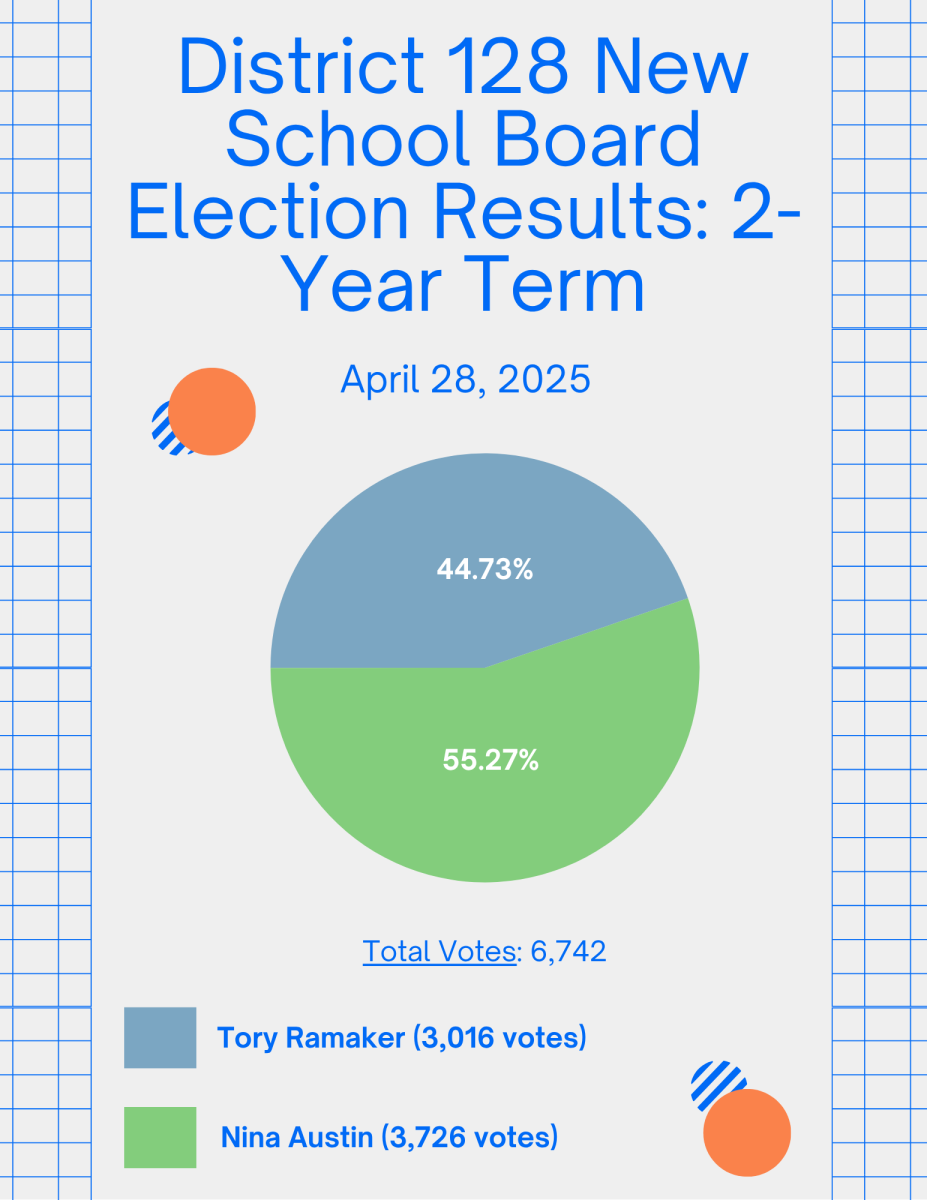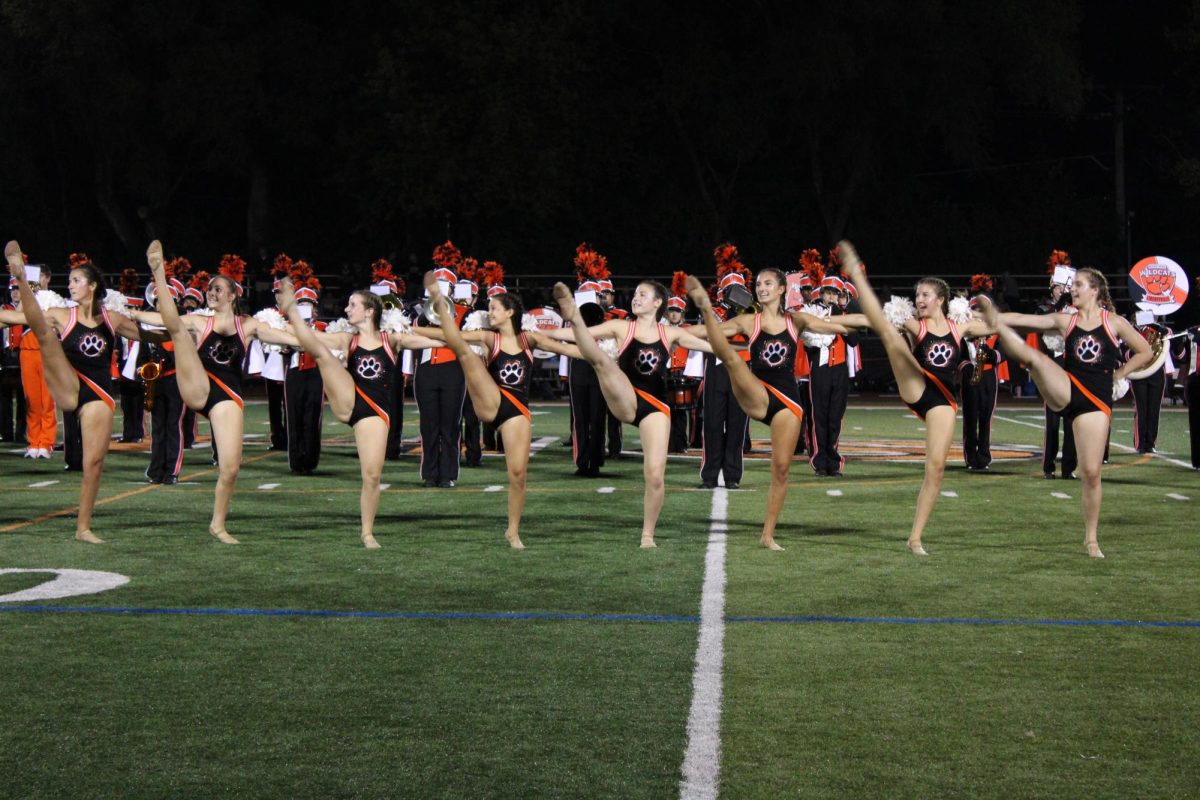The college application process is constantly evolving in an attempt to ease the stress and confusion that accompanies most juniors and seniors; because of this, a few important changes have recently been released.
Ms. Amy Belstra, the college counselor at Libertyville High School, explained that the first major change involves the entire state of Illinois making the switch from the ACT to the SAT beginning in the school year 2016-2017. The SAT has been redesigned to look a lot more like the current ACT test, and it will make its debut in March 2016. However, colleges will still accept either the ACT or SAT score when sent in with an application.
“Most juniors are still going to take the ACT. They have been prepped well to take the ACT, and most of them took the practice ACT. But, if students are looking for a different test, one that doesn’t have a science section, or if they just want to try something new, they can try this new SAT,” said Ms. Belstra.
She believes that this change will affect the sophomore class more so than the juniors because starting in 2017, the state will mandate a free SAT for all students to take instead of the free ACT like they’ve offered in past years. Because of the state’s decision to switch tests, there will be no state test offered for the juniors to take this spring. However, District 128, like many other high schools throughout Illinois, has scheduled a free ACT for juniors to take on April 19.
Students seem to be apprehensive about the introduction of the new test. Sophomore Maddie Laue said, “I think it will be more difficult because we’ve been preparing to take the ACT, and now we’ll be encouraged to take two standardized tests as opposed to one.”
Ms. Belstra discussed another big change regarding the FAFSA, the Free Application for Federal Student Aid. The deadline has switched from January 1 to October 1, and instead of requiring the previous year’s taxes to fill out the form, applicants can use their taxes from two years ago.
“Colleges that have early deadlines will be encouraging students to fill out the form, so students could potentially get an admission decision and a financial aid package at the same time,” stated Ms. Belstra.
The last and most controversial change involves the possible introduction of a new application platform, the Coalition, as an alternative to the Common Application. About 80 elite schools, including all of the Ivy League Universities, are currently listed as members. They are planning to offer a feature referred to as a student’s “locker,” which will allow students to upload resumes, paper, projects, and videos, and then actually receive feedback on them from college representatives.
“Their main focus was on underserved students who don’t have people like me in their high schools to help. In truth, that doesn’t seem logical because you need people like me to explain how to use it, and we already have Naviance, which does a lot of the same things,” explained Ms. Belstra.
The Coalition has received a lot of pushback from counselors like Ms. Belstra who don’t understand the necessity of introducing yet another confusing option for students. Many of the current members of the Coalition are backpedalling on their decision to participate. This application option was supposed to be officially introduced this spring, but it is still very up in the air as to whether it will actually happen.
Although all three of these changes are significant, Ms. Belstra stated, ¨I want the junior class to know that they are going to be fine. They won’t even realize anything is different because they’ve never gone through this process before.”






![Mr. Abullh Ali, manager/assistant, helps open Queen Yemeni Coffee in downtown Libertyville at 606 North Milwaukee Ave. With the help of employees such as manager and LHS senior Yousef Taha, they are able to bring the Yemeni and Ethiopian culture to Libertyville by using their Queen spices, cinnamon and cardamom in their drinks such as Adani Chai, which is inspired by Sheda, the Queen of Yemen and Ethiopia. “The history of our coffee [is] a long history and we believe that Yemen and Ethiopia started the coffee and we are bringing something unique to the community,” Mr. Ali said.](https://www.lhsdoi.com/wp-content/uploads/2025/04/Photo-1-1200x800.jpg)








